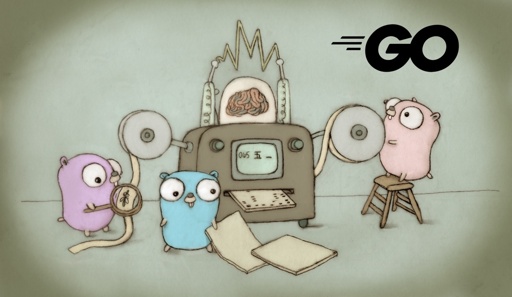

It packs an octa-core Rockchip RK3588S CPU (4×Cortex-A76 + 4×Cortex-A55 up to 2.4 GHz) with 32 GB LPDDR4x RAM and a 6.34″ 2400×1080 OLED display. Storage is plentiful – 512 GB of replaceable and expandable eMMC plus expandable microSD (up to 2 TB) – and connectivity includes dual USB-C ports, 5G, Wi-Fi 5, Bluetooth 5.0, and even a headphone jack.
https://www.indiegogo.com/projects/liberux-nexx--3#/
Rockchip (Fuzhou Rockchip Electronics Co., Ltd.) is a Chinese fabless semiconductor company based in Fuzhou, Fujian province. It has offices in Shanghai, Beijing, Shenzhen, Hangzhou and Hong Kong.[4] It designs system on a chip (SoC) products, using the ARM architecture licensed from ARM Holdings for the majority of its projects.
https://en.wikipedia.org/wiki/Rockchip
LTE · 128 GB eMMC · 16 GB RAM
Price: €890



On Debian Bookworm with the non-free-firmware repo enabled…
$ apt-cache pkgnames firmware | sortfirmware-amd-graphics firmware-ath9k-htc firmware-atheros firmware-b43-installer firmware-b43legacy-installer firmware-bnx2 firmware-bnx2x firmware-brcm80211 firmware-cavium firmware-cirrus firmware-intel-graphics firmware-intel-misc firmware-intel-sound firmware-ipw2x00 firmware-ivtv firmware-iwlwifi firmware-libertas firmware-linux firmware-linux-free firmware-linux-nonfree firmware-marvell-prestera firmware-mediatek firmware-microbit-micropython firmware-microbit-micropython-doc firmware-misc-nonfree firmware-myricom firmware-netronome firmware-netxen firmware-nvidia-graphics firmware-nvidia-gsp firmware-qcom-media firmware-qcom-soc firmware-qlogic firmware-realtek firmware-samsung firmware-siano firmware-ti-connectivity firmware-tomu